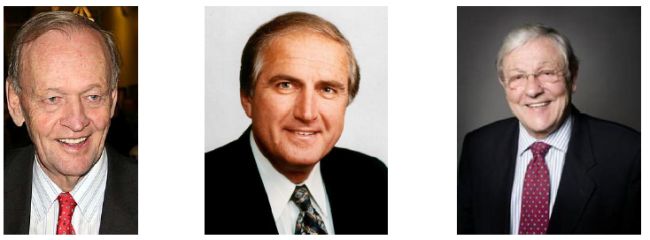The Charter of Rights and Freedoms

Prime Minister Pierre Elliott Trudeau
Explaining the Charter to Canadians

Section 33 of The Charter
Reasons for the section


Historical Use of Section 33
When, where and why
- Quebec: on every piece of legislation between 1982 and 1985 and to maintain unilingual French only business signs
- Saskatchewan: to protect back?to?work legislation
- Alberta: to define marriage as exclusively heterosexual
- Saskatchewan again: passed legislation in 2018 to protect funding for non?Catholic students attending Catholic school
The Turning Point
A dubious court decision

Bill 5 Held to Breach Charter
Freedom of Expression Denied
- Justice Belobaba found that the province had clearly crossed the line with Bill 5
- Breached s. 2(b) of the Charter in two ways:
- Interfered with candidates' freedom of expression
- Doubled population in each Ward so as to deny effective representation to voters
Bill 31 Invokes Override Clause
The Scope of Section 33
Provincial government introduces Bill 31 to reduce size of City Council and invokes s. 33
"Section 33 lays down requirements of form only, and there is no warrant for importing into it grounds for substantive review of the legislative policy in exercising the override authority in a particular case."
(Ford v. Quebec (A.G.), [1988] 2 S.C.R.
2018 Quebec Provincial Election
A New Premier

Proposed use of the Override
Imagine No Religion
Quebec Premier Francois Legault proposes to ban public officials from wearing religious symbols
Plan would prevent public servants, including teachers, police officers and judges, from wearing religious garments while performing public functions
The content of this article is intended to provide a general guide to the subject matter. Specialist advice should be sought about your specific circumstances.



